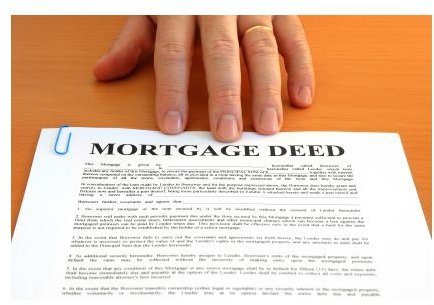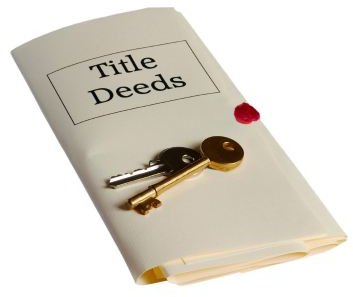Placing Your Children on the Title to Your House: A Good Idea?
Reasons You Are Considering Adding Children to Title
As a fact of life, all of us are aging and as we age, we become more concerned about what is going to happen with our property when we pass away. In many cases, the “death tax” is resulting in unwanted consequences for our children, meaning that many property owners are asking themselves should I put my children on the title of my house? In almost all cases, the answer to this is a resounding no. Here are some of the reasons you may be considering adding your children to the title of your home:
A) Nursing home potential - Parents who are considering the possibility of entering a nursing home in the future may feel that they can protect their residence by adding their children to the title of the home. This is often a serious consideration, especially in families with history of diseases that require long-term care.
B) Avoiding probate - while in theory this may seem like a good idea, when you transfer your property outside of probate, the children are accepting the home as a gift. This gift (while there are tax benefits to gifting) is at the basis of your cost and not at the current value of the property. Probate could transfer the property at the value as of the date of your death which could result in a lower tax burden.
In either of these cases, there may be nothing gained by adding your children to the title of your home. Remember, this is a serious legal decision and has long-term ramifications that must be considered.
Legal Ramifications of Adding Children

For those who are considering the question “Should I put my children on the title of my house,” there are legal ramifications that must be taken into consideration. These conditions include:
A) Your current mortgage - In most cases, if you have a mortgage on your property, you will need to gain authorization from your mortgage lender to add a second party to your deed. In some cases, this may require that you refinance your property. Although a quit-claim deed may be prepared to deed the home, your lender does not have to allow this deed.
B) Legal or financial problems - If your child (or children) have any outstanding legal obligations, or they have financial problems, adding them to the deed of your property could put your home at risk. After you have added a child to the deed of your property, they become a co-owner of the property and any claims against them could result in a lien on the property.
C) Family disputes - While we do not like to think about family disputes, placing your children on the property deed could mean that you lose any say in how your property is divided in the event if your death. For example, if you have three children and only add one child to the deed, your other two children have no right the property (note: this is in the case of joint tenancy with rights of survivorship which most deeds encompass).
D) Sales considerations - If you decide to sell your home after you have added your child on to the deed of your property, in order to sell, your child (or children) would have to sign off on the sale.
While you may be considering whether or not to add your children to your property deed, in most cases, this is not a good idea. It is much easier to add a person to a deed than it is to remove a person from a deed. There are many legal and tax ramifications of transferring your property to your children. Before you consider doing so, talk with a professional to understand all of the legal problems associated with adding your children to the title of your home.
References
-
Title deeds Author MacphersonPhoto purchased from itockphoto.com
-
Mortgage deeds Author Marlee90 purchased from istockphoto.com
-
Forsight Legal: http://www.foresightlegal.com/pdf/Gift%20Horse.pdf
-
Avvo.Com - Children and property http://www.avvo.com/legal-answers/adding-children-to-deed-on-house-22025.html
-
ActiveRain Corp. http://activerain.com/blogsview/1080110/mistake-6-putting-your-children-on-title-to-your-house
Image Credits:
